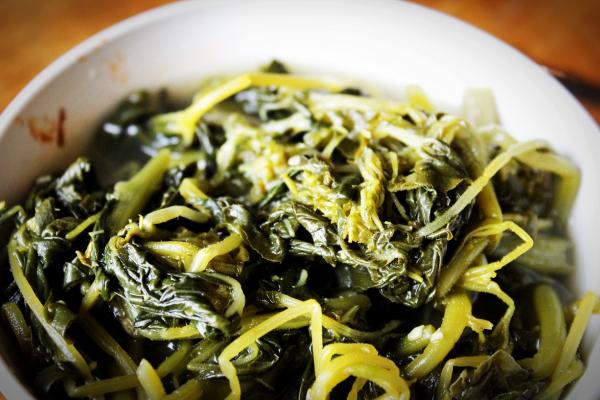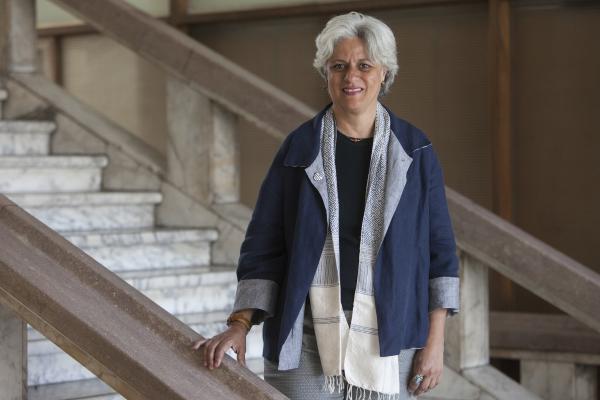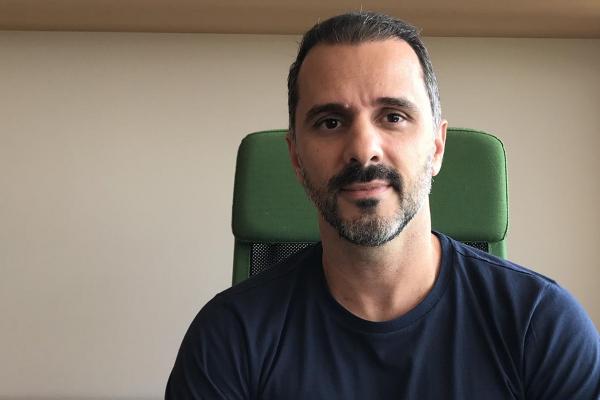Sharing best practice farming techniques with farmers from different cultures and traditions could help increase the quality of our soils – a vital step in ensuring that we can grow enough food for…
Rising populations and climate change are putting pressure on the water needed for agriculture but a solar-powered irrigation system may reduce the amount that farmers use – while simultaneously…
People will need to be persuaded to eat new types of seafood if we are to extract more food from the oceans and feed growing human populations, according to fishing industry experts.
Climate change is threatening Europe’s coffee supplies, but the impacts could be diluted by planting the crops amongst trees - a technique known as agroforestry, which is also being revived in…
Herbivorous insects are estimated to be responsible for destroying one-fifth of the world's total crop production annually, but a new, natural approach to pesticides that turns insects' taste and…
The number of undernourished people rose for the first time in over a decade in 2016 due to conflict and climate change, and more research is needed into how to increase the security of people’s food…
We live in an era where open data can pave the way to a more sustainable, secure and safe food system, according to Dr Panagiotis Zervas, senior project manager at Agroknow, a company that finds…
The straw leftover from harvested wheat could be turned into bio-based chemicals that offer high greenhouse gas savings and do not compete with food supplies or damage ecosystems.
Bee-based maths is helping teach swarms of drones to find weeds, while robotic mowers keep hedgerows in shape.
Our food accounts for a quarter of all greenhouse gas emissions, yet shorter supply chains, food maps, and sharing leftovers could help cities put cheaper and more climate-friendly produce on…














